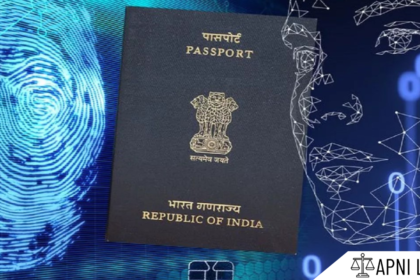CrPC Section 68: Proof of Service & Officer Absence
1. Code:
CrPC Section 68 deals with the proof of service of summons, warrants, or other processes and the consequences of the serving officer’s absence.
2. Explanation:
This section outlines the process of establishing evidence that a summons, warrant, or other legal document has been served on the intended recipient. It also addresses situations where the serving officer is unavailable to provide proof of service.
The section states that when a summons, warrant, or other process is served, the serving officer must make a return, which is a written record of the service. This return should include details like:
- The date and time of service
- The manner in which service was effected
- The name and address of the person served
- Any obstacles encountered during service
If the serving officer is unable to serve the process due to reasons like the recipient’s absence or refusal, the officer must return the process to the court with a report explaining the reasons for non-service. This report is also a form of return.
The section also allows for alternative methods of proof when the original serving officer is unavailable. This could involve:
- The testimony of a witness who observed the service
- The production of a signed acknowledgment of receipt by the recipient
- Other reliable evidence that establishes the service
3. Illustration:
Imagine a situation where a police officer is tasked with serving a summons on an individual accused of a crime. The officer visits the individual’s address but finds them absent. The officer then leaves the summons at the individual’s residence with a family member, making a note of the date, time, and recipient’s name in the return. This constitutes proof of service.
4. Common Questions & Answers:
Q: What happens if the serving officer fails to make a return?
A: This could lead to complications in proving service, and the court might require the officer to provide a satisfactory explanation.
Q: Can the recipient of the process challenge the proof of service?
A: Yes, if the recipient believes the service was not valid, they can contest it before the court.
Q: What happens if the serving officer is unavailable to provide evidence?
A: The court may accept alternative methods of proof, like witness testimonies or signed acknowledgments, depending on the circumstances.











